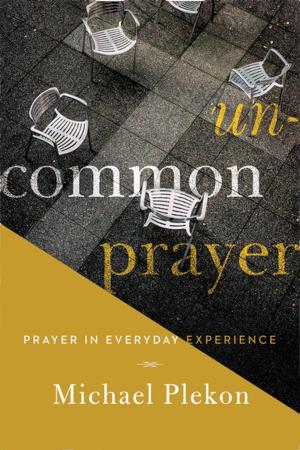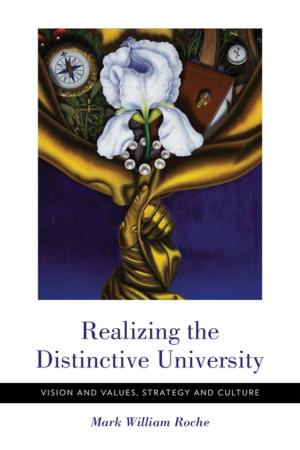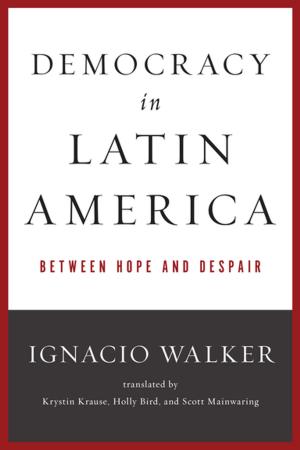Ghosts of the Somme
Commemoration and Culture War in Northern Ireland
Nonfiction, History, Ireland, Military, World War I, Social & Cultural Studies, Political Science| Author: | Jonathan Evershed | ISBN: | 9780268103880 |
| Publisher: | University of Notre Dame Press | Publication: | May 30, 2018 |
| Imprint: | University of Notre Dame Press | Language: | English |
| Author: | Jonathan Evershed |
| ISBN: | 9780268103880 |
| Publisher: | University of Notre Dame Press |
| Publication: | May 30, 2018 |
| Imprint: | University of Notre Dame Press |
| Language: | English |
Once assumed to be a driver or even cause of conflict, commemoration during Ireland's Decade of Centenaries came to occupy a central place in peacebuilding efforts. The inclusive and cross-communal reorientation of commemoration, particularly of the First World War, has been widely heralded as signifying new forms of reconciliation and a greater "maturity" in relationships between Ireland and the UK and between Unionists and Nationalists in Northern Ireland. In this study, Jonathan Evershed interrogates the particular and implicitly political claims about the nature of history, memory, and commemoration that define and sustain these assertions, and explores some of the hidden and countervailing transcripts that underwrite and disrupt them. Drawing on two years of ethnographic fieldwork conducted in Belfast, Evershed explores Ulster Loyalist commemoration of the Battle of the Somme, its conflicted politics, and its confrontation with official commemorative discourse and practice during the Decade of Centenaries. He investigates how and why the myriad social, political, cultural, and economic changes that have defined postconflict Northern Ireland have been experienced by Loyalists as a culture war, and how commemoration is the means by which they confront and challenge the perceived erosion of their identity. He reveals the ways in which this brings Loyalists into conflict not only with the politics of Irish Nationalism, but with the "peacebuilding" state and, crucially, with each other. He demonstrates how commemoration works to reproduce the intracommunal conflicts that it claims to have overcome and interrogates its nuanced (and perhaps counterintuitive) function in conflict transformation.
Once assumed to be a driver or even cause of conflict, commemoration during Ireland's Decade of Centenaries came to occupy a central place in peacebuilding efforts. The inclusive and cross-communal reorientation of commemoration, particularly of the First World War, has been widely heralded as signifying new forms of reconciliation and a greater "maturity" in relationships between Ireland and the UK and between Unionists and Nationalists in Northern Ireland. In this study, Jonathan Evershed interrogates the particular and implicitly political claims about the nature of history, memory, and commemoration that define and sustain these assertions, and explores some of the hidden and countervailing transcripts that underwrite and disrupt them. Drawing on two years of ethnographic fieldwork conducted in Belfast, Evershed explores Ulster Loyalist commemoration of the Battle of the Somme, its conflicted politics, and its confrontation with official commemorative discourse and practice during the Decade of Centenaries. He investigates how and why the myriad social, political, cultural, and economic changes that have defined postconflict Northern Ireland have been experienced by Loyalists as a culture war, and how commemoration is the means by which they confront and challenge the perceived erosion of their identity. He reveals the ways in which this brings Loyalists into conflict not only with the politics of Irish Nationalism, but with the "peacebuilding" state and, crucially, with each other. He demonstrates how commemoration works to reproduce the intracommunal conflicts that it claims to have overcome and interrogates its nuanced (and perhaps counterintuitive) function in conflict transformation.















